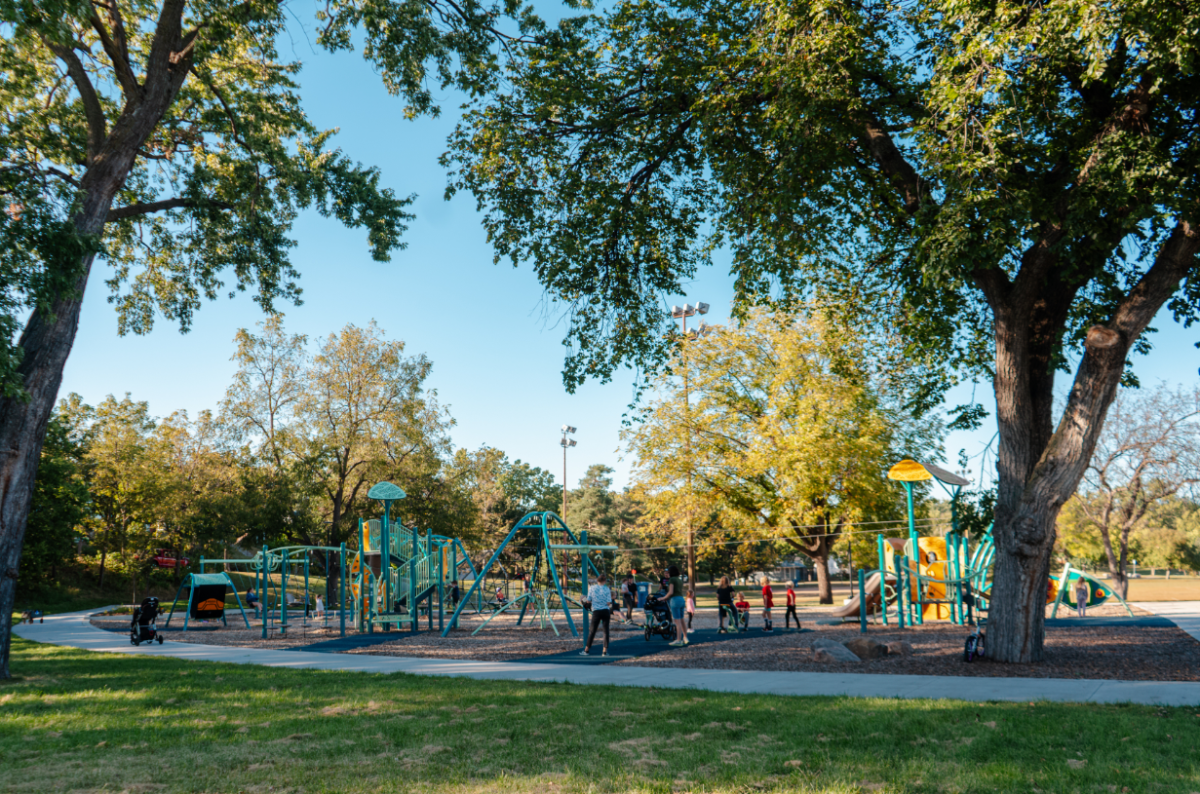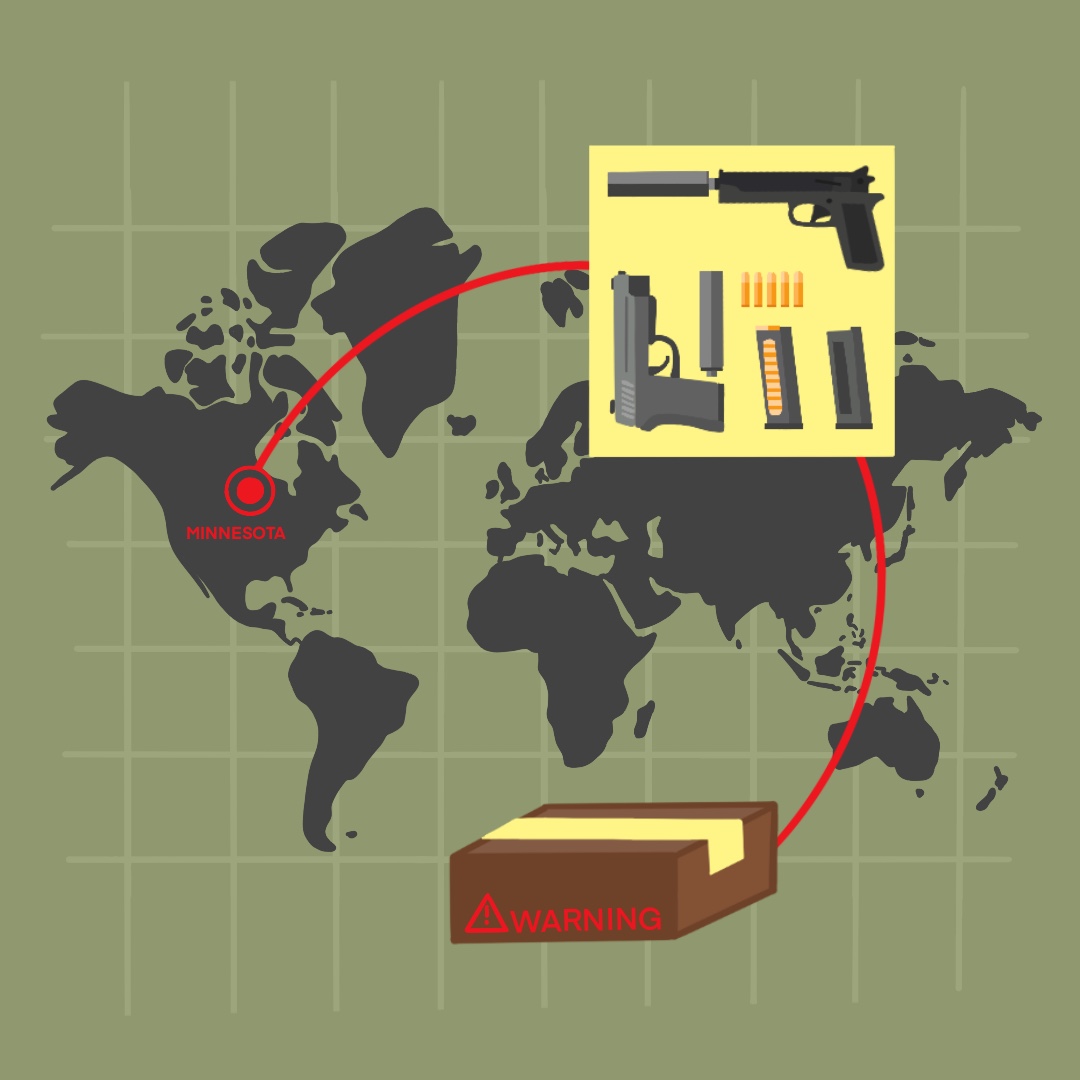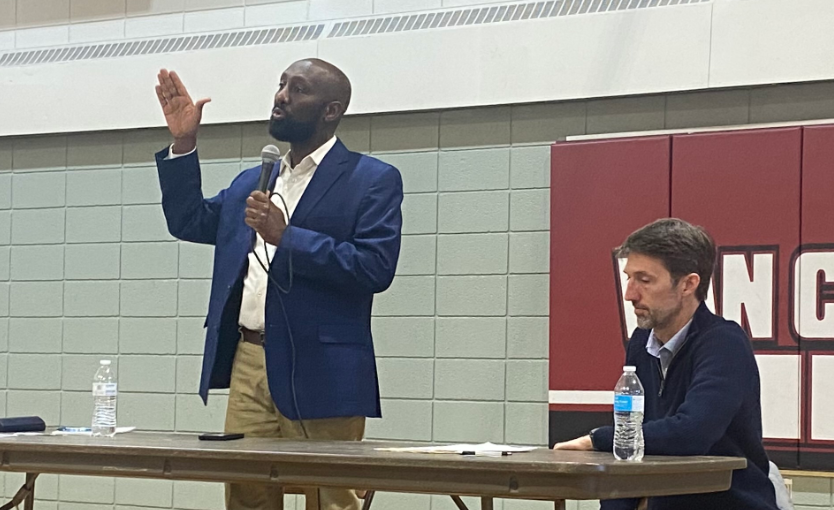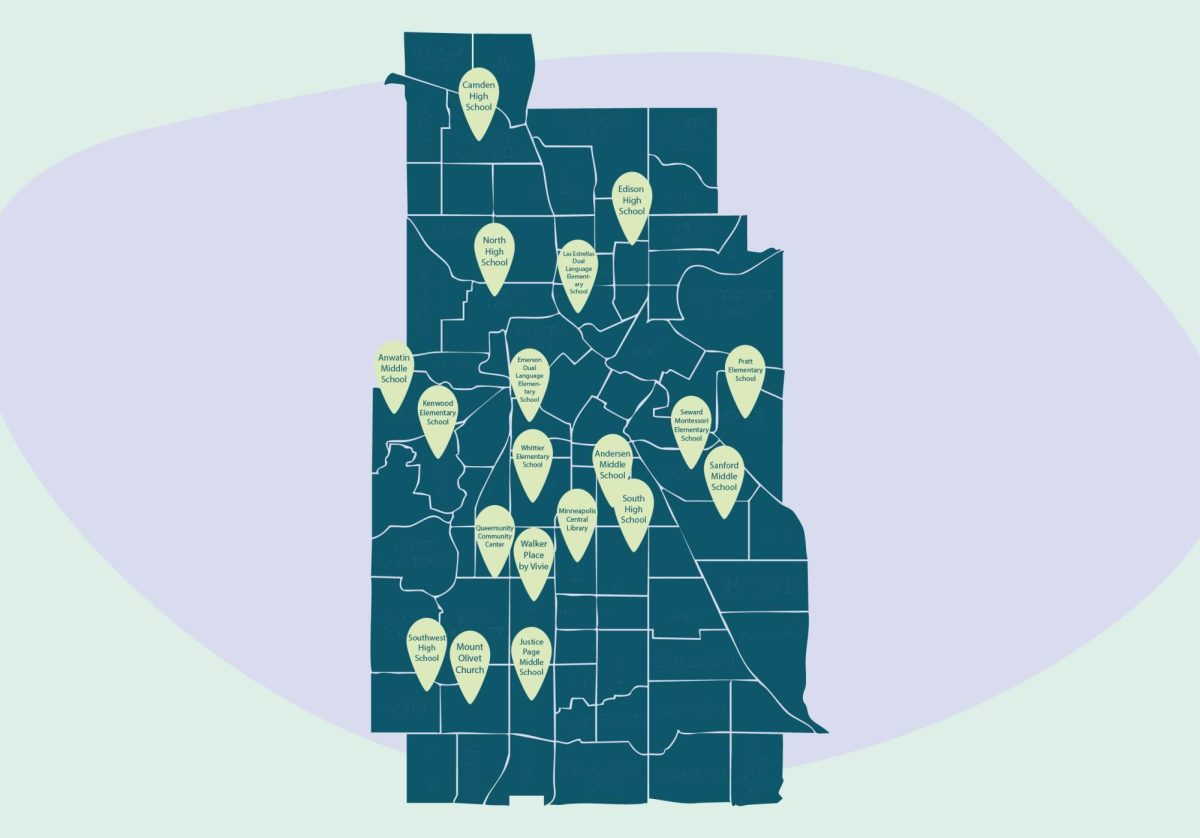The Minneapolis Parks and Recreation Board is hosting discussions with local Indigenous communities about renaming Sibley Field Park.
The Board began renaming efforts for Sibley Field Park in 2021, five years after middle school students voiced their concerns about the origin of the park’s name, according to a statement from the Minneapolis Parks and Recreation Board Project Manager Siciid Ali. Since then, survey results and community engagement sessions have shown support for an Indigenous name change.
Sibley Park is the namesake of General Henry Hastings Sibley, who played a prominent role in the U.S.-Dakota War of 1862, which resulted in the displacement of many Dakota people, according to the Dakota County Historical Society.
Former Minnesota Governor Mark Dayton formally apologized in 2012, nearly 150 years after the war, for the harm caused to the Dakota people. Dayton declared Aug. 17 a Day of Remembrance and Reconciliation, according to the University’s Holocaust and Genocide Studies.
Gov. Tim Walz also apologized for the war at the Dakota 38+2 Memorial Ride and Run event in Dec. 2020 alongside Lt. Gov. Peggy Flanagan.
“While we can’t undo over 150 years of trauma inflicted on Native people at the hands of the state government, we can work to do everything possible to ensure that Native people are seen, heard, and valued today,” Flanagan said in a press release.
Executive Director of the Minnesota Indian Affairs Council Shannon Geshick said renaming parks and public places to native languages is about more than just a name change.
“In contemporary times, people feel like there’s a push to rename, but I want to put it in the context of people that have been here for thousands of years,” Geshick said. “For us, it’s not a renaming, it is a reclaiming. It’s a reformation rather than a rename.”
The Minneapolis Parks and Recreation Board and Native American Parks Council will have a discussion on Oct. 1 with Dakota representatives about renaming the park and updating the Board’s naming policies.
Minnesota’s history cannot be discussed without highlighting that Minnesota is on the historical territory of the Dakota people, Minneapolis Parks and Recreation Board Indigenous Parks Liaison Carrie Day-Aspinwall said in a statement.
“We can no longer maintain the colonial racism of our forefathers and wish to share knowledge and stewardship with our Indigenous neighbors,” Day-Aspinwall said in the statement.
Geshick said that for many colonial leaders, the goal was to remove the history and connection Native Americans had with the land. Geshick added reclaiming their history by changing the names of local spaces is a reminder that Native people were and still are here.
“The goal of the government was to take our life,” Geshick said. “It’s easiest to do so if we’re not here.”
Day-Aspinwall said prior to colonization, Indigenous people named places and things after nature, animals and other characteristics, rather than people. Day-Aspinwall added it is necessary to respect the traditional naming conventions and variations between tribes when using Indigenous words for park names.
“We should never try to just erase history, or we won’t learn from it,” Day-Aspinwall said in the statement. “We can put it in its proper place, which is not where it can cause pain to those who feel it is offensive.”
Geshick added that though these name changes and reclamations may be difficult to understand, it is important to see how hurtful keeping some of these historical names can be.
“I don’t think that everything needs to be reclaimed necessarily but when it’s something like Sibley who (did) so much harm against Indigenous people, especially the Dakota people, the exaltation of these genocide promoters is just it’s hurtful,” Geshick said.
Geshick said she appreciates an increasing desire to understand the complex local Indigenous history.
“There is more than one side to the story and other sides are worthy of being heard too,” Geshick said.





















not quite
Sep 27, 2024 at 10:09 am
To be clear, being a genocidal colonist is not “a skeleton in a closet”. These people made no secret about what they wanted = to erase indigenous people in order to steal their land. Has U.S. history been white-washed to keep the truth from all of us? Absolutely. Let’s not diminish the very intentional acts of land theft and attempted erasure with a euphemism.
Ken DeYoe
Sep 26, 2024 at 9:49 am
Another example of why I disapprove of naming anything after a person and disapprove of statues as well. Everyone has a skeleton in their closet someone will dislike.
Bill
Sep 25, 2024 at 10:31 am
Lead the way, middle schoolers!!